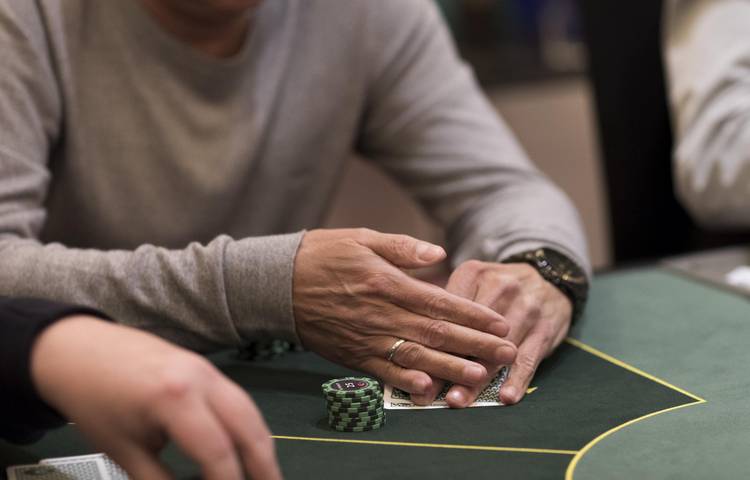
Poker is a card game where players compete against each other in order to win the pot. It is one of the most popular casino games and can be played by people from all over the world. There are many different variants of the game and some of them have their own unique rules. In general, the object of poker is to win the pot by having the highest-ranking hand.
The most important thing to remember when playing poker is that luck does not play as big of a role in the game as skill does. This is why it is a good idea to work on developing your skill set and become a more savvy player.
Choosing the Right Limits
The first thing you should do is to choose the limits for your bankroll and the game format that works best for you. This will help you maximize your profits and make the most of your time spent at the table.
Taking a Break from Poker
If you are not having fun at the table, it is a good idea to take a break and focus on something else. It will give you time to think, improve your strategy, and learn from your mistakes. This is also a great way to make sure that you do not overuse your skills at the table.
Slow-Playing
A lot of amateur poker players mistakenly believe that if they slow-play their strong hands, they can outplay their opponents and trap them. However, this is a very common mistake and can end up backfiring more often than not.
Don’t Be Too Attached to Good Hands
A pair of kings and a queen are two very strong pocket hands. However, they can be very vulnerable to a flush or straight if you are not careful. If you are holding a pair of kings and the board shows tons of flush cards, you may want to fold your hand and start looking for another game.
Betting is Essential in Poker
In poker, betting is the most crucial aspect of the game. You must know when to call or raise a bet from other players. This involves evaluating the situation, your opponent’s range, and how much money you have to lose if you fold.
You must also be able to decide when to bluff, which is the process of assuming that you have a higher-ranking hand than you actually do. This is usually done when you have a good hand but are concerned that your opponent is a savvy enough player to recognize that your hand is not as strong as you believe it to be.
Generally, you should only bluff when you have the best possible hand and you are confident that other players will not be able to call your bet. You should not bluff too often, though, as this will eat into your bankroll.
Poker is a very mental game, so it is important to take breaks when you are feeling tired or stressed out. This will not only improve your game but it will also allow you to make better decisions in the long run.